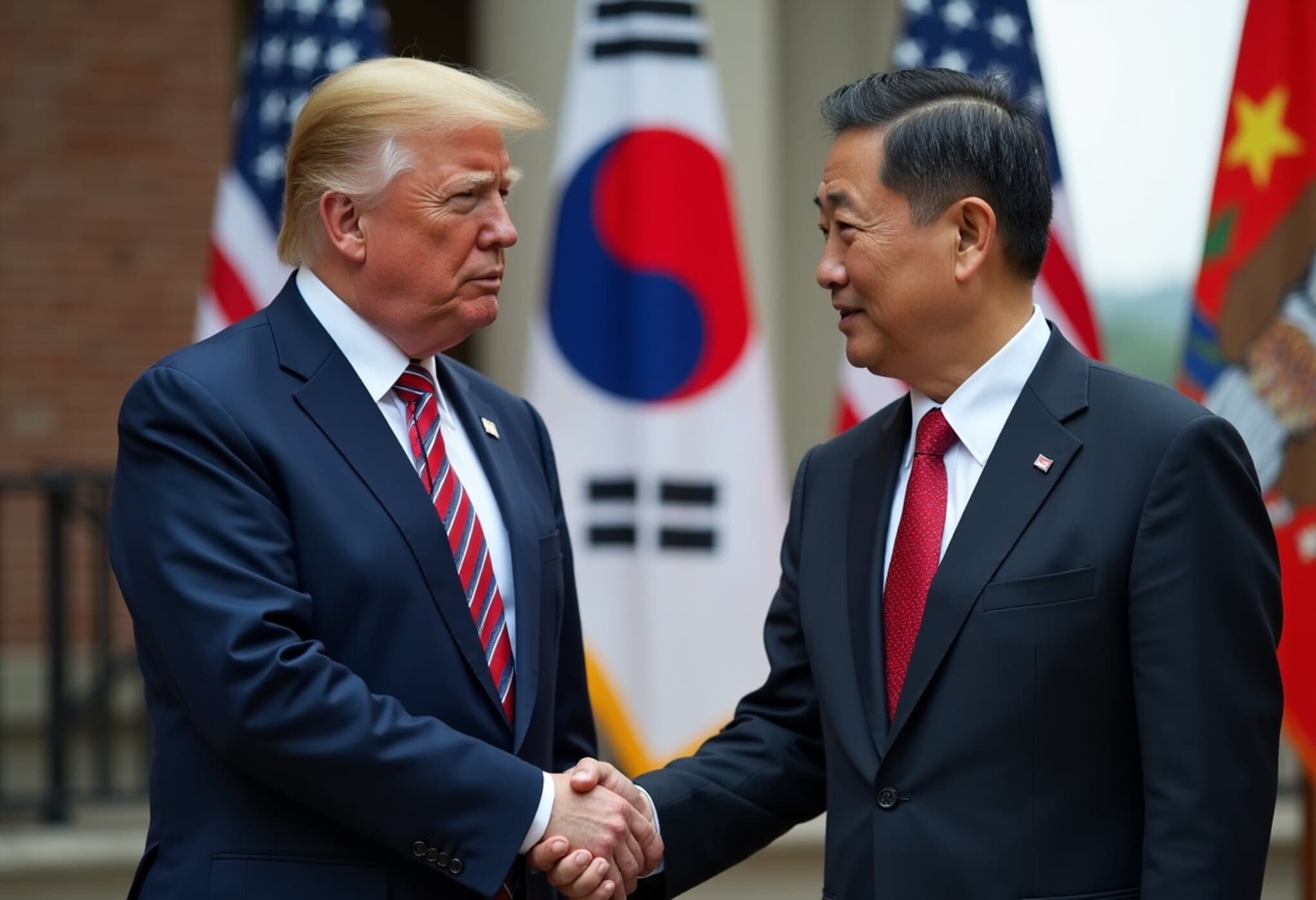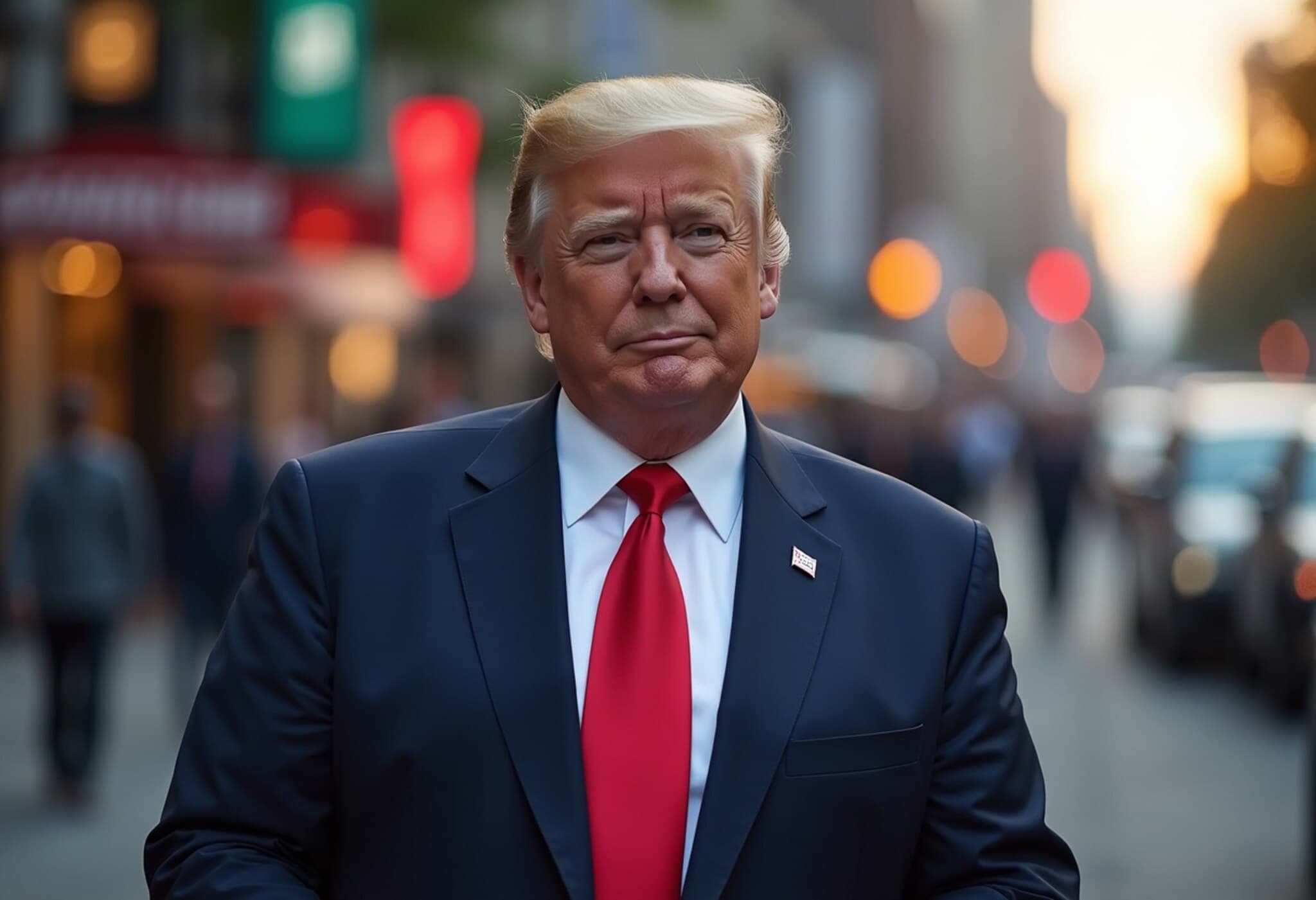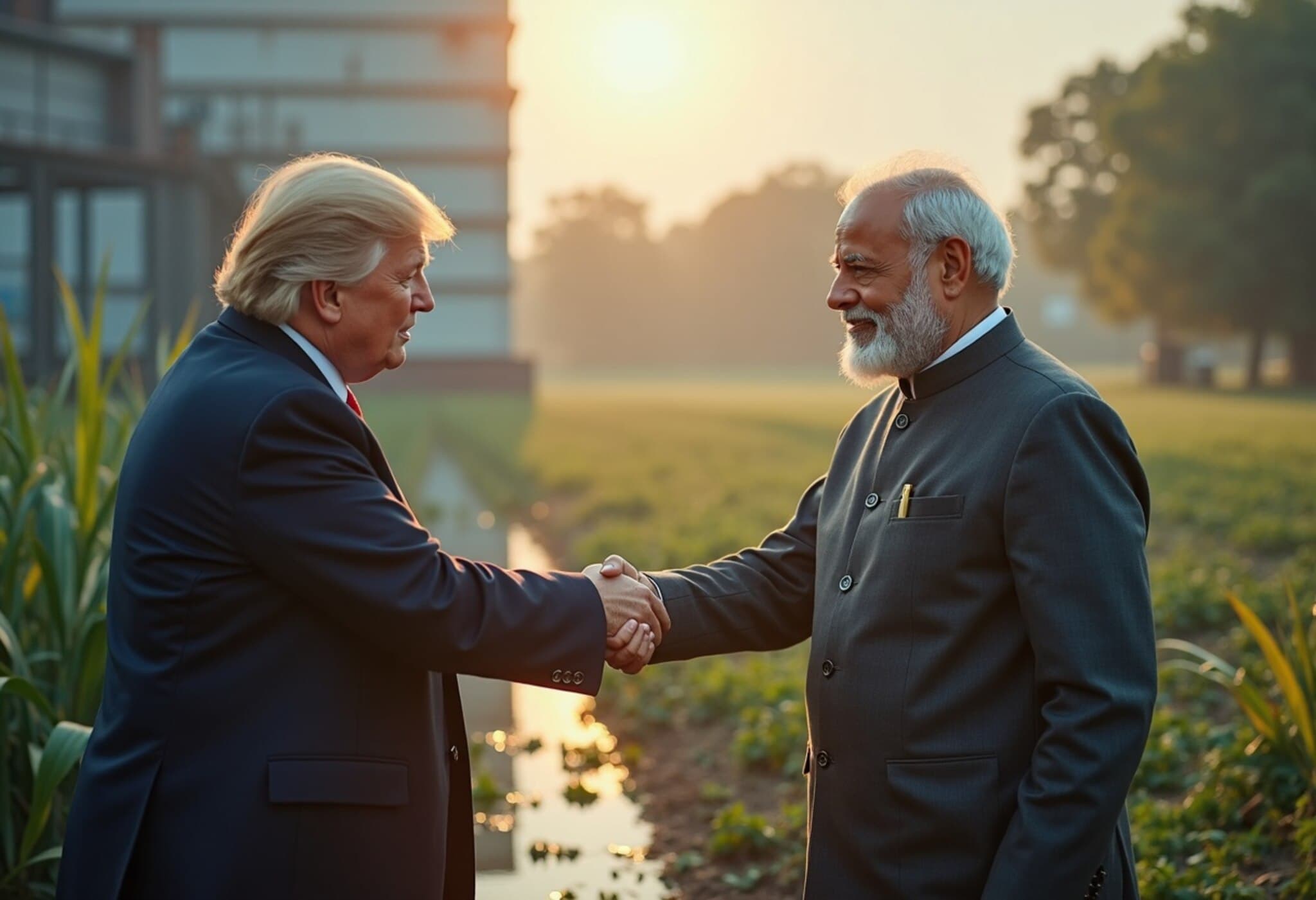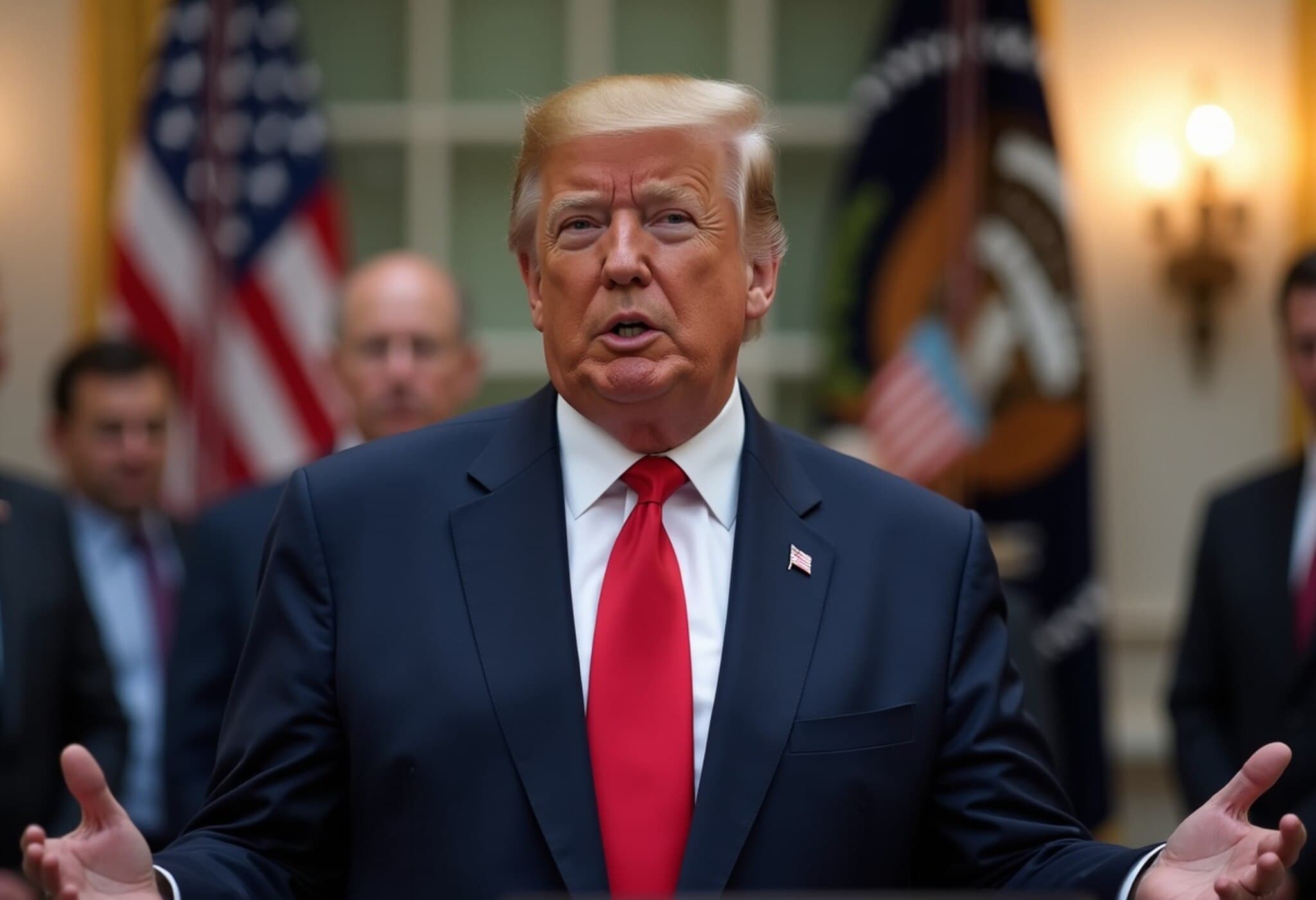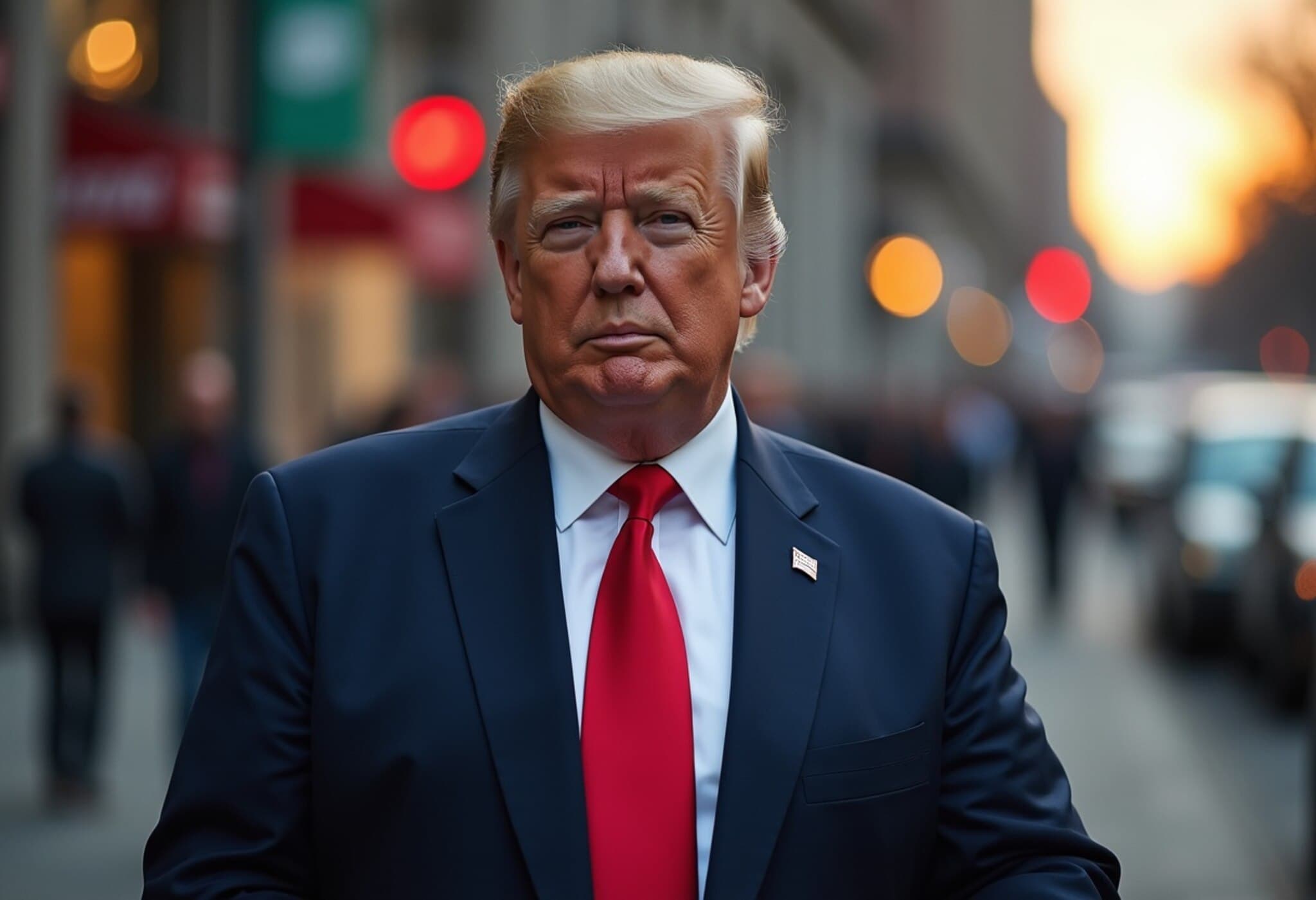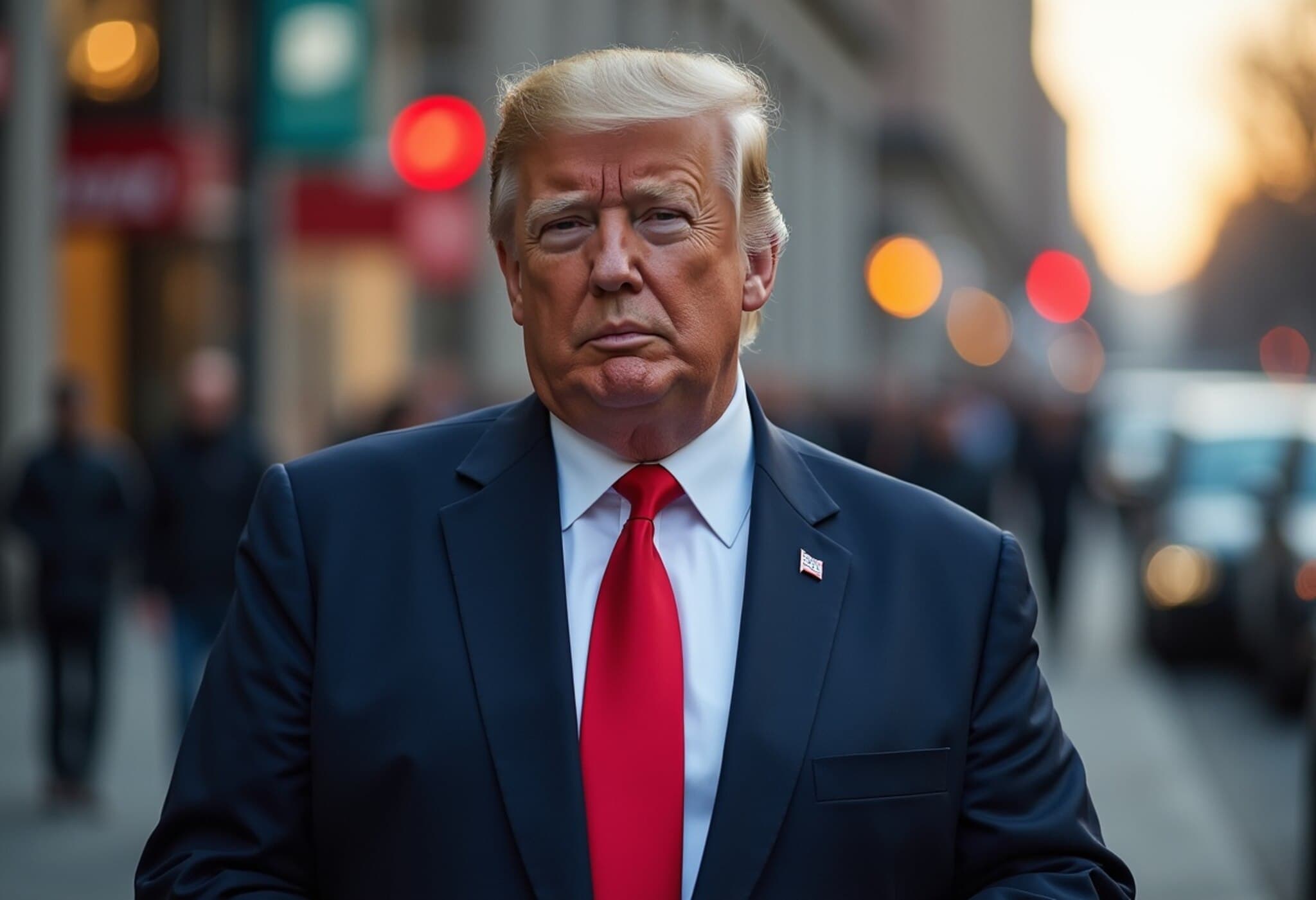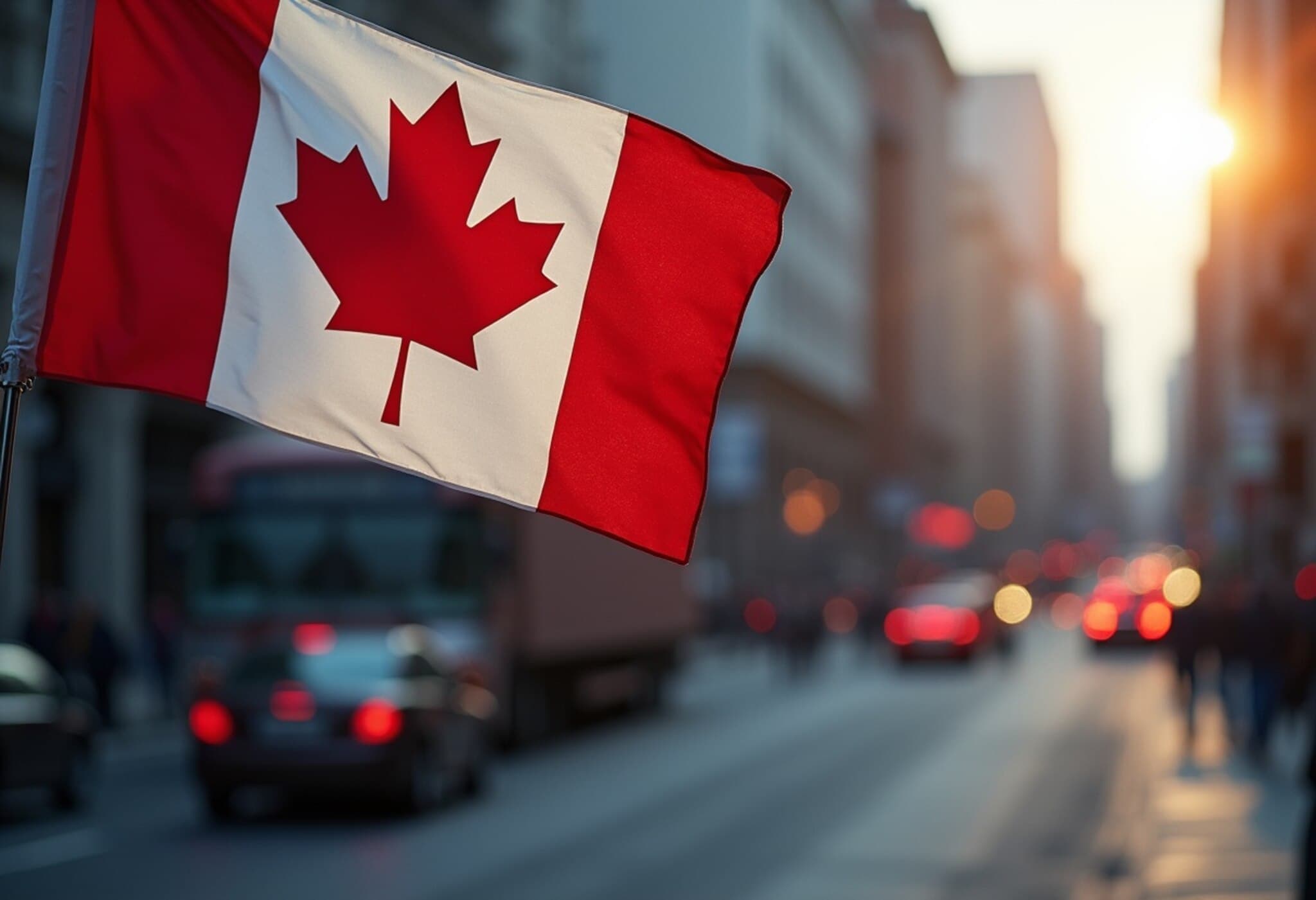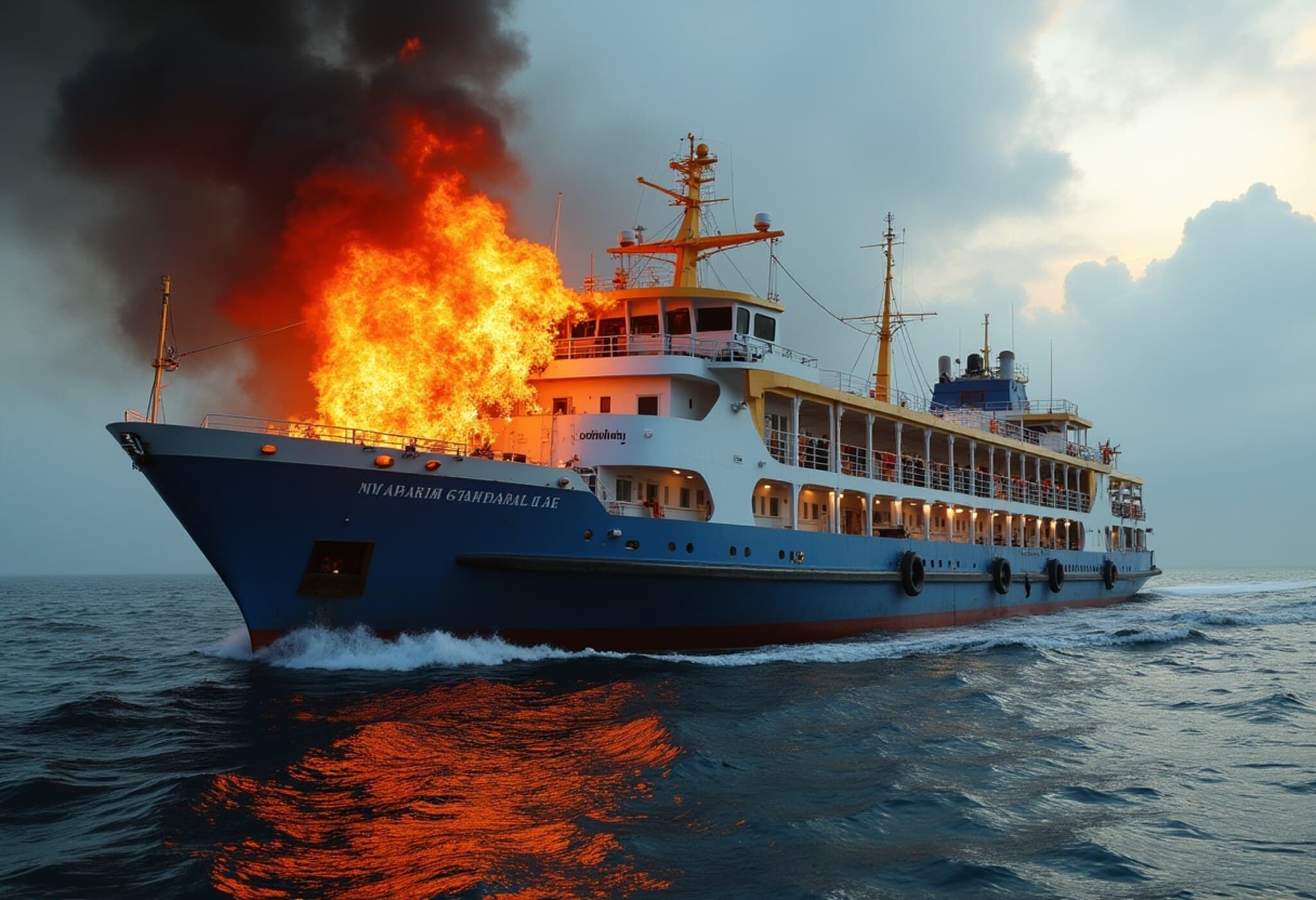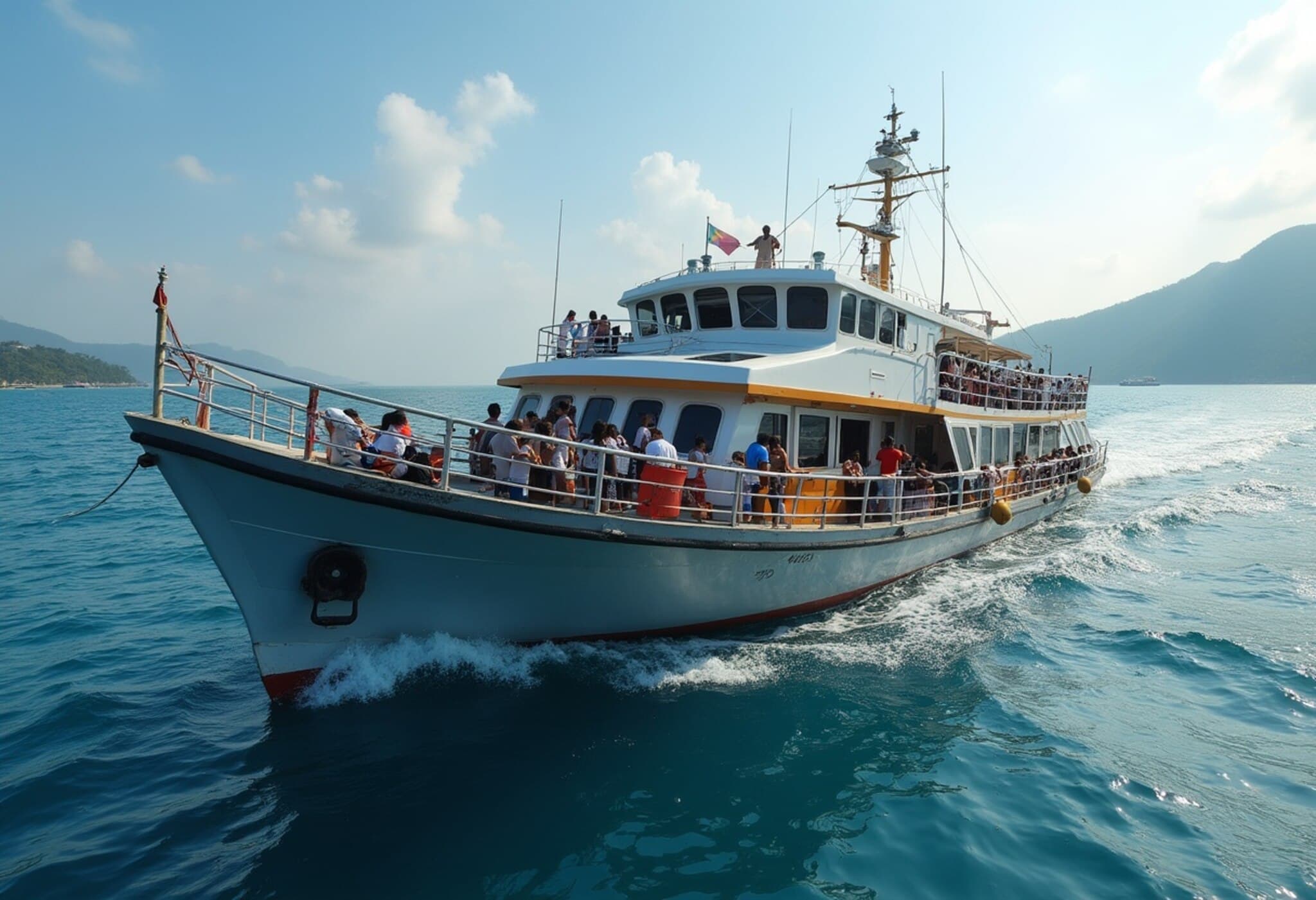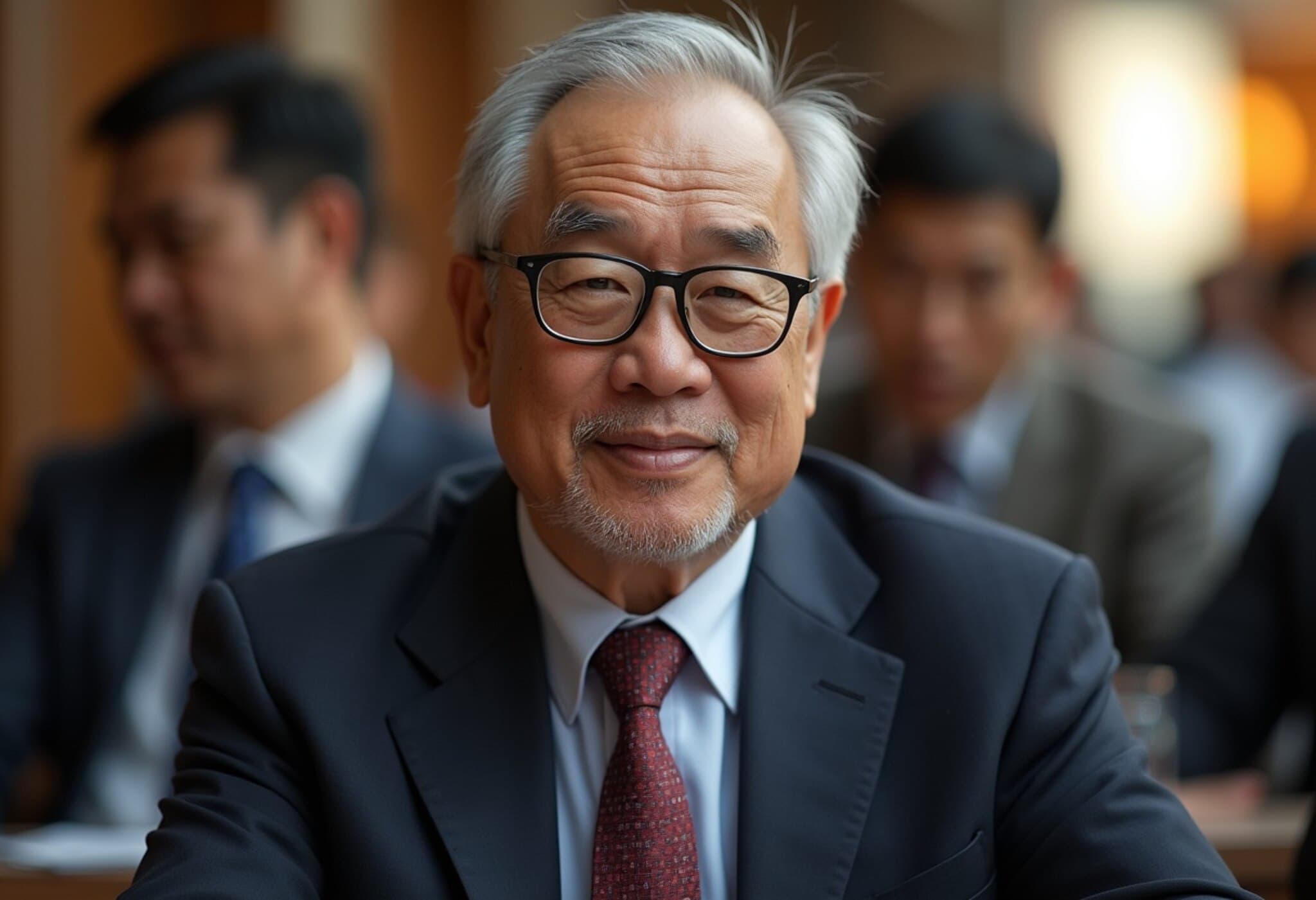EU and Indonesia Seal Political Agreement on Ambitious Free Trade Deal
In a pivotal moment underscoring the shifting tides of global commerce, the European Union and Indonesia have announced a political agreement on a long-anticipated free trade deal. This move strengthens ties between Europe’s 27-member bloc and Southeast Asia’s largest economy amid mounting geopolitical and economic uncertainties worldwide.
A Decade in the Making: The Journey Towards Partnership
The negotiations began nearly a decade ago in 2016, reflecting a mutual desire to unlock substantial trade and investment opportunities. Indonesian President Prabowo Subianto and European Commission President Ursula von der Leyen jointly unveiled the breakthrough in Brussels, highlighting the critical timing as global markets face turbulence.
"In these turbulent times, when economic uncertainty intersects with geopolitical volatility, our partnership must grow stronger," Von der Leyen told reporters. "Today, we take a significant step forward by reaching a political agreement on this ambitious Free Trade Agreement."
What This Agreement Means: Economic and Strategic Implications
The deal promises to open new markets and broaden economic engagement in key sectors including:
- Agriculture
- Automotive
- Business services
Von der Leyen emphasized the untapped potential, noting that the agreement will catalyze growth and create opportunities across industries vital to both economies.
From the European perspective, this deal arrives at a time when Brussels is actively seeking to diversify partnerships in an unpredictable global landscape, especially as the United States under the previous administration exhibited more protectionist trade policies.
Prabowo described the announcement as a "breakthrough" moment, emphasizing Indonesia’s commitment to a strong relationship with Europe while recognizing the enduring global influence of the United States.
Challenges and Context: Sustainability and Trade Tensions
Despite the optimism, the EU-Indonesia relationship has faced challenges, particularly around environmental concerns. The European Union's proposed import ban on products linked to deforestation—most notably involving palm oil, a major Indonesian export—sparked tensions and delayed legislation until the end of this year.
This trade-off between promoting economic growth and addressing sustainability concerns remains a critical, underreported narrative that will shape the future of this partnership and set precedent for similar agreements globally.
The Road Ahead: Finalizing the Deal
The political agreement represents a decisive milestone, with the formal conclusion of the Free Trade Agreement scheduled for September. Negotiations will be finalized by EU trade chief Maros Sefcovic alongside Indonesia’s chief economic minister Airlangga Hartarto.
Last year, bilateral trade between the EU and Indonesia totaled approximately $30.1 billion, underscoring the economic significance of the relationship moving forward.
Expert Insight: What This Means for Global Trade Dynamics
From a policy analyst’s viewpoint, this deal symbolizes more than just economics. It’s a strategic alignment amidst rising protectionism and geopolitical flux. For the EU, it’s a clear sign of intent to weave a robust network of trade partnerships beyond traditional allies, particularly in fast-growing Asian markets.
For Indonesia, the agreement could be transformative, helping to diversify its economy, attract foreign investment, and balance its global partnerships strategically. However, environmental activists and sustainability experts will be closely monitoring how the deal addresses deforestation and ecological impact.
Editor’s Note
The EU-Indonesia free trade agreement marks a significant step in realigning global trade networks as the world grapples with economic uncertainties and shifting political landscapes. While the deal promises expansive economic benefits, it also brings critical questions to the fore—chief among them, how emerging trade pacts can responsibly integrate sustainability without compromising growth. Readers should watch closely how this agreement shapes the standards for future international trade deals, especially in balancing economic development with environmental stewardship.


